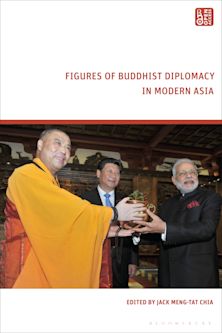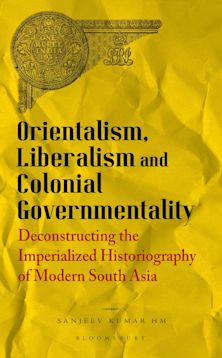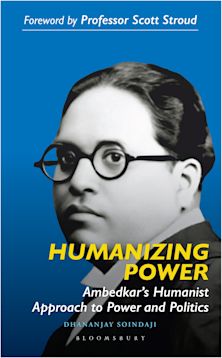China's Foreign Political and Economic Relations
An Unconventional Global Power
- Textbook
China's Foreign Political and Economic Relations
An Unconventional Global Power
- Textbook
This product is usually dispatched within 3 days
- Delivery and returns info
-
Free CA delivery on orders $40 or over
Description
This balanced and thoughtful book presents a thorough analysis of the dynamics of China’s foreign relations. Sebastian Heilmann and Dirk H. Schmidt provide a comprehensive and discriminating view of the complex, often competing factors (domestic influences, regional tensions, global uncertainties) that shape Chinese foreign policy. They portray the PRC as a land of multiple identities—a nation that is becoming more assertive in East Asia as it explores novel approaches to its foreign economic policies, while simultaneously displaying thin-skinned sensitivities when confronted with international criticism. The authors argue that unconventional approaches to foreign relations—in particular a unique combination of long-term strategies with multilevel policy experiments—are driving Chinese global expansion. The provocative and challenging final chapter, designed to spur discussion, considers China’s imperial identity warring against the decentralized activities conducted in the “shadow of the empire.” Illicit transnational “guerilla-like” networks have thus become powerful driving forces behind the continued development of China’s foreign policy as well as its foreign-trade relations. The authors contend that the activities of these “niche nomads,” with their largely invisible or chameleon-like presence, constitute the most alarming dimension of China’s foreign relations as they gain ground and resources in many parts of the world with the potential to shake the very foundations of other societies.
Table of Contents
Chapter 2: Foreign Policy Decision Making
Chapter 3: Reorientations in China’s Foreign Policy
Chapter 4: China's Security Policy
Chapter 5: China in the World Economy
Chapter 6: China’s Role in International Environmental and Climate Policy
Chapter 7: China and International Human Rights Policy
Chapter 8: The Taiwan Issue
Chapter 9: China’s Relations with Japan and Korea
Chapter 10: Sino-American Relations
Chapter 11: China’s Relations with Europe
Chapter 12: Empire and Guerrilla: China’s Multifaceted Foreign Relations
Sources and Literature
Appendix: Chinese-English Glossary
Product details
| Published | Jan 09 2014 |
|---|---|
| Format | Paperback |
| Edition | 1st |
| Extent | 266 |
| ISBN | 9781442213029 |
| Imprint | Rowman & Littlefield |
| Illustrations | 32 b/w illustrations; 17 tables; 9 textboxes |
| Dimensions | 227 x 152 mm |
| Series | State & Society in East Asia |
| Publisher | Bloomsbury Publishing |
Reviews

ONLINE RESOURCES
Bloomsbury Collections
This book is available on Bloomsbury Collections where your library has access.



































